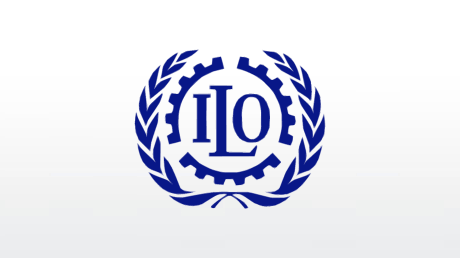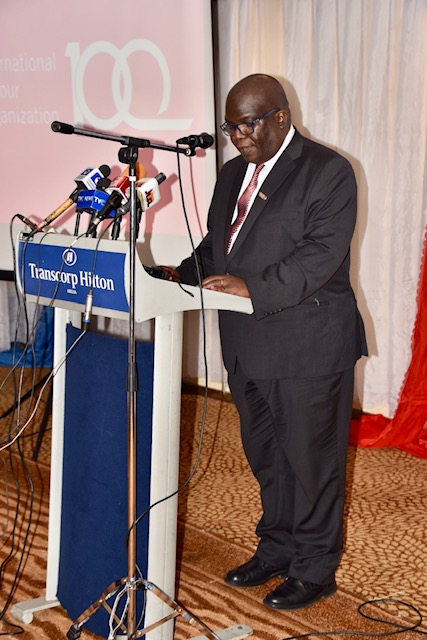Mr Dennis Zulu is ILO Country Director for Nigeria, Ghana, Liberia and Sierra Lone. In this chat with THE LABOUR, here is his brief response.
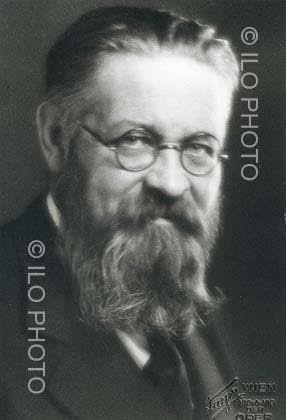
The ILO stands for International Labour Organization. Founded in 1919, It is the first specialized agency of the United Nations.
We are celebrating 100years of ILO existence this year (our centenary from 1919 to 2019). Also, we celebrate 60years of work in Africa. We opened the first office in Africa in Lagos in 1959, so it is very important for us to celebrate this, especially that we are in Nigeria where the first office was opened.
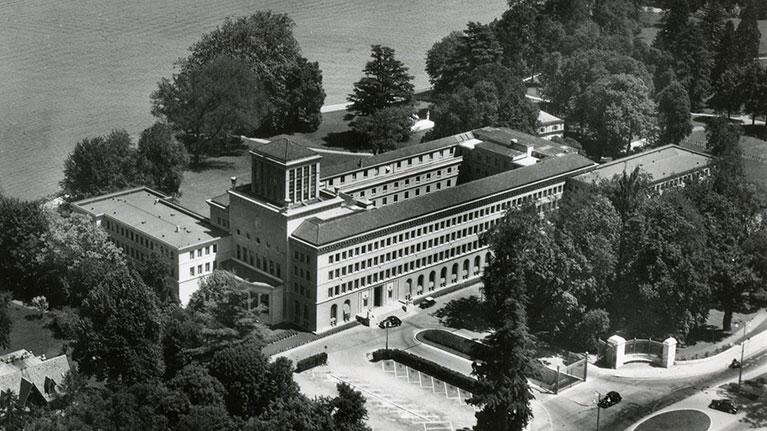
The mandate of ILO is to promote social justice and we do this through promoting decent work which is a work that basically has four strategic components. The first one being fundamental principle of right at work, the second is equity to employment opportunities; the third is social protection and lastly social dialogue. So for any job or employment to be considered decent it must have all these four components.
So over the 100years, the ILO has been in the thick and thin of it all. At the onset if you look at the history, the ILO really set out to ensure that all the adverse effects of industrialization that happened in the early 1900 were workers were subjected to unfair labour practices in violations of worker’s rights were protected.

But obviously this could not have been done solely through interventions of the workers group because it takes three in this case with ILO; so we have the workers group, the employers group and also the government. This makes us very unique because we are the only UN agency that has a tripartite arrangement on governing body. We have both the workers, the labour unions, the employers in the private sector and the government usually through the ministries of labour represented in our governing body.
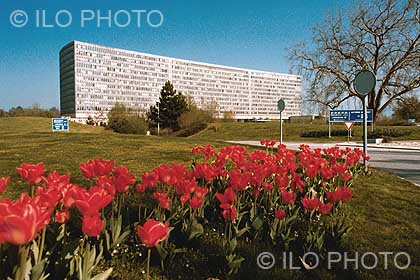
As for what we do? We do quite a lot. We promote decent work, and issues of employment and labour related issues which covers a whole range of issues. So for us, one very important component is providing technical advisory support to member states and here we are talking about providing support to member state in labour legislation.
The ILO provides or is responsible for prescribing international labour standards. That is, the minimum standards all member states are supposed to adhere to with regard to the labour legislation, and it is done through conventions and recommendations and the certain case protocols.
We also provide access gain, advisory support in capacity building to member states in the promotion of employment and focusing primarily on youth employment especially in the continent of Africa given the large number of youths who are not employed.
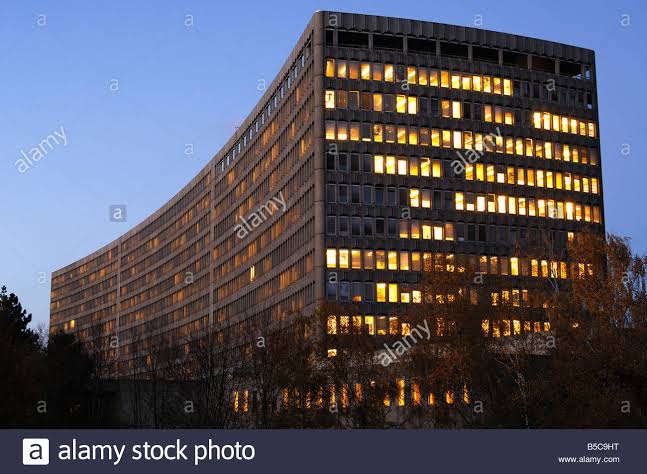
Also focusing on women, because women tend to be marginalized in a lot of these programmes. So we support employment programme, we support policy work around employment policies and all to ensure that there is a coherent framework within member states that works to promote employment.
We do a lot of work on social protection; specifically focusing on social security because we believe that every employee should have a guaranteed livelihood post their working life, and this we do by ensuring that member states have robust social security system that is able to take care of workers: post-their-livelihood, post-their-work because you don’t want a worker after being retired he will be counted as one of the poverty statistics. And how we do that by guaranteeing that they are able to access social security.
We do a lot of work around occupational health and safety which aimed at ensuring that standard in terms of safety and health are adhered to by both employers and employees to safeguard the workers health and safety concerns.
Social dialogue is very critical for us. We promote social dialogue which is the coming together of workers and employers and government to discuss issues surrounding industrial employment and labour relations.
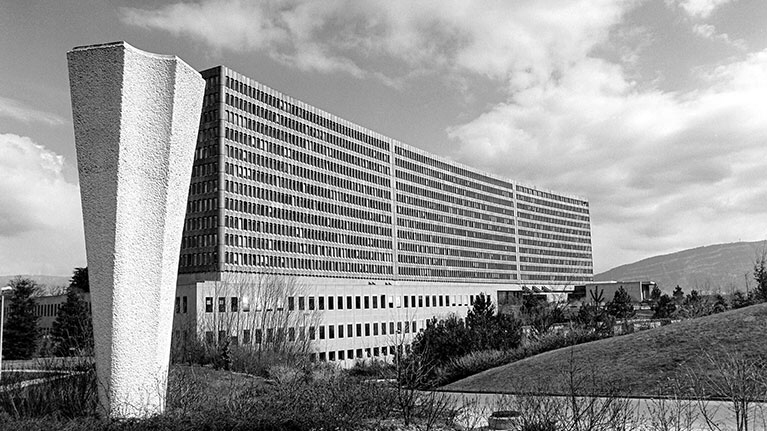
We do a lot of work around skill development because as you know skill is a supply side of employment. So how do we ensure that right skills are being produced in the labour market to be able to meet the demand of the employers and other people who wants skills for their companies.
The ILO works within a framework of what is called the decent country programme. And it is prepared for each of the countries that we work in and this is usually between two to four priorities because we cannot do everything. So for us, we have realized over the years that it is important to have a coherent programme by narrowing down to a few priorities and work with priorities and review after 4 Years to see whether those priorities are being met.





















